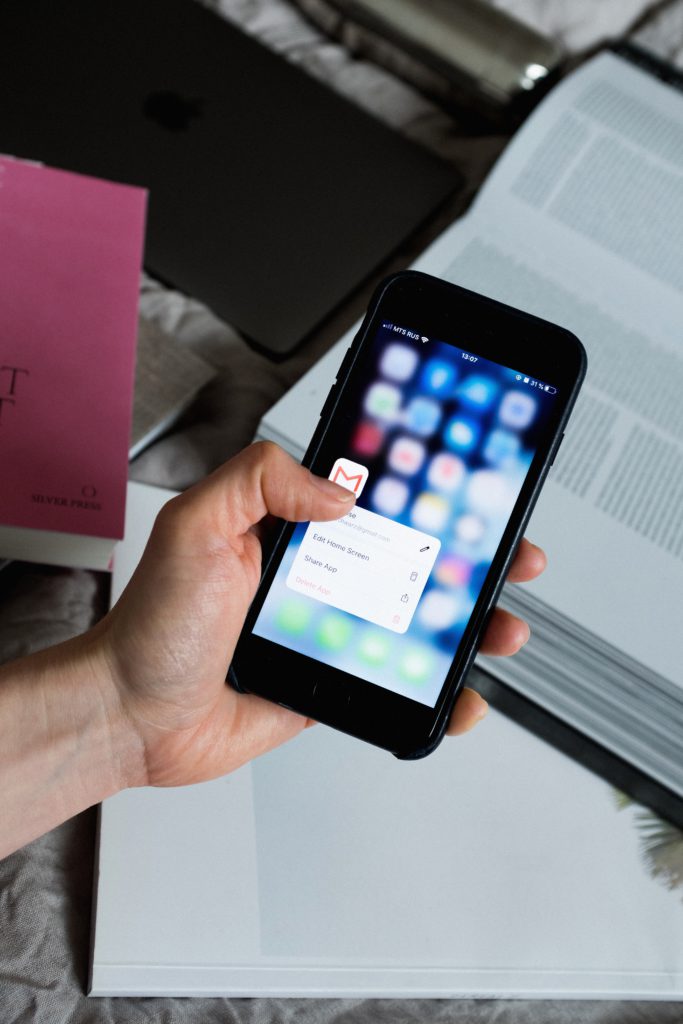Mar 29, 2022
What Happens When You Turn Off Your Email for 10 Days?
If you know me, you’d find it hard to believe that email didn’t always rule my life. If you don’t know me, you know someone like me or perhaps you and I are cyber twins. But email didn’t always fill me with dread or keep me consumed in the technology loop. When I installed my first email client, Eudora, in 1994, I was excited to get messages from people. I thought it was convenient, quick and easy. It made doing business faster and helped me stay connected with friends. I couldn’t wait to get my next email. Email made life better, right?
Fast forward to the 2000s. Email made life terrible. Some people had the nerve to send email after work hours and on weekends. Even worse, that person was me.
I thought my email addiction was bad before the pandemic. Then, during the pandemic, with no social outlets, my email usage became chronic. I was always on and worried about not responding to a message. That’s why after almost 30 years of checking my email daily, hourly, every few minutes, I went on vacation and turned it off—for a full 10 days.
At first, I was worried what would happen when I turned it off. I fretted over all those clients, employees and vendors who I knew were expecting my quick response. Those people needed me!
Then, like a junk-food junky going through Twinkie withdrawal, something wonderful happened when I stopped checking email and started living life: Not only had my sense of dread evaporated, I also found more joy, personal connection and creativity.
Joy
Did you know what you read in the morning can affect your mood for the rest of the day or what you read at night can affect your sleep? According to Shawn Achor, author of Big Potential and The Happiness Advantage, you only need to watch or read negative news for three minutes in the morning to ruin the rest of your day. If you think the news is bad, think about the effect of stress-inducing emails before going to bed.
When I stopped my email for 10 days, I was anxious at first. Then as time went on, I noticed I felt better in the morning. And in the afternoon. And the evening. My sleep was better. I felt more joy. You don’t have to give up email for 10 days to have the same effect. To increase your joy, I suggest you stop reading it first thing in the morning, late at night and on weekends.
Personal Connection
It’s probably not news to anyone now that our media devices do more to separate us than bring us together. People text instead of call. We send an emoji rather than write “I love you.”
In emails, we also distance ourselves from people. Technology expert Brian Solis, author of Lifescale, notes the constant distraction of our devices affects our personal relationships because we’re no longer in the moment.
Once I stopped checking my messages from people who were not around me, I found I had time for the people who were nearby. I could be more present. My mind was no longer thinking about some client on the other side of the world. Not only did my relationship improve with those close to me, but I also had more time to connect with myself and how I felt.
Creativity
Many work-life balance experts suggest that turning off email is a great way to be productive. However, I’ve found that shutting off distractions like email (or texts or Zoom meetings) really benefits your creativity.
As creativity expert Natalie Nixon notes, creativity comes from unstructured time. When you step away from your desk or go for a walk in the woods, you open yourself up to ideas. Once I was no longer checking emails all the time, I noticed an overflow of new ideas for my personal life and business.
You don’t have to shut off your email or phone for 10 days to get the benefits of more joy, personal connection and creativity in your life. You just need to set some boundaries for when you use devices and when you don’t. And don’t worry: All those people waiting for your reply will still be there when you come back. In the meantime, you can have a better life. Not such a bad deal, right?
This article was originally published Mar 25, 2022 on Forbes by EVP Ken Sterling
